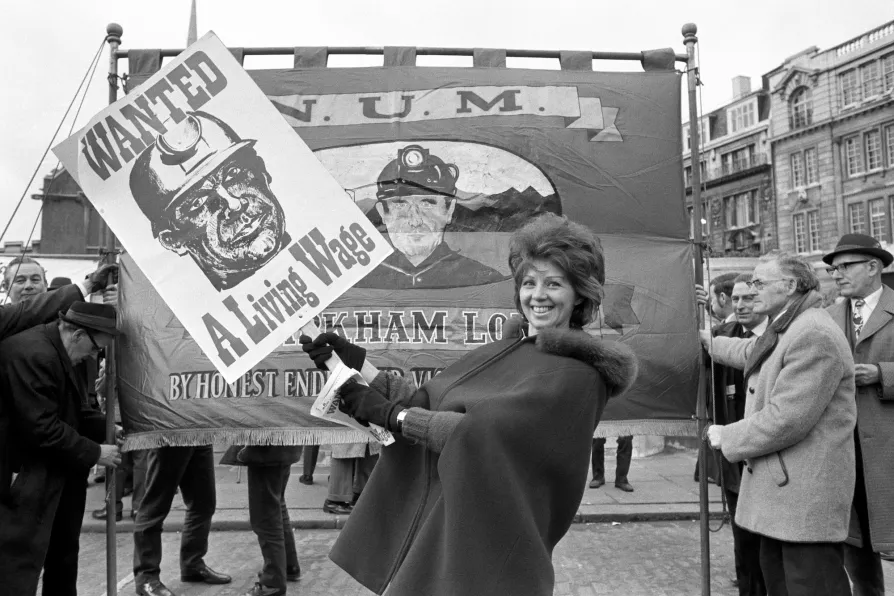Labour prospects in May elections may be irrevocably damaged by Birmingham Council’s costly refusal to settle the year-long dispute, warns STEVE WRIGHT

 Miners and trade unionists marching to Westminster during the miners strike in 1972 - described as the ‘peak year’ of labour
by socialist historian Ralph Darlington
Miners and trade unionists marching to Westminster during the miners strike in 1972 - described as the ‘peak year’ of labour
by socialist historian Ralph Darlington
THE resignation of Boris Johnson as Prime Minister and his likely eventual departure from Number 10 is a moment of crisis for the Tory Party. Post-1945 history shows that it’s a crisis they can overcome though.
The wooden image of Keir Starmer correctly calling for the Tories to go will hearten them. Perhaps the worst that could happen Tory-wise is for them to lose an election to be replaced by a similar Labour one.
In 1957 Anthony Eden resigned after the Suez Canal war which Britain lost. Eden claimed he was unwell. Labour did improve its poll ratings but Eden’s successor Harold Macmillan easily won the 1959 election.

While Hardie, MacDonald and Wilson faced down war pressure from their own Establishment, today’s leadership appears to have forgotten that opposing imperial adventures has historically defined Labour’s moral authority, writes KEITH FLETT

Research shows Farage mainly gets rebel voters from the Tory base and Labour loses voters to the Greens and Lib Dems — but this doesn’t mean the danger from the right isn’t real, explains historian KEITH FLETT

KEITH FLETT traces how the ‘world’s most successful political party’ has imploded since Thatcher’s fall, from nine leaders in 30 years to losing all 16 English councils, with Reform UK symbolically capturing Peel’s birthplace, Tamworth — but the beast is not dead yet











